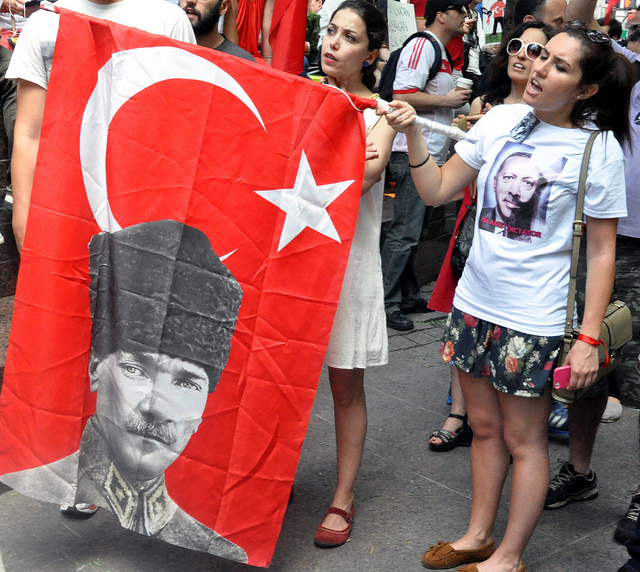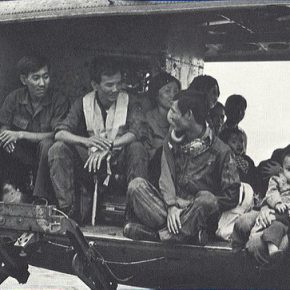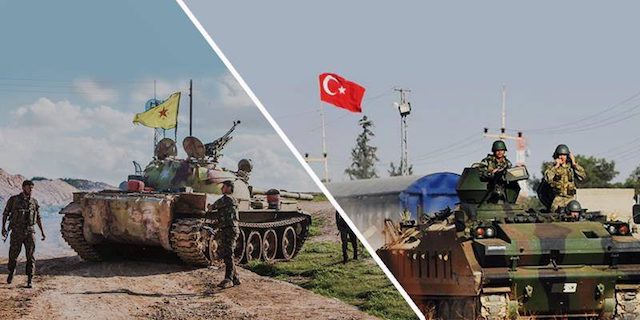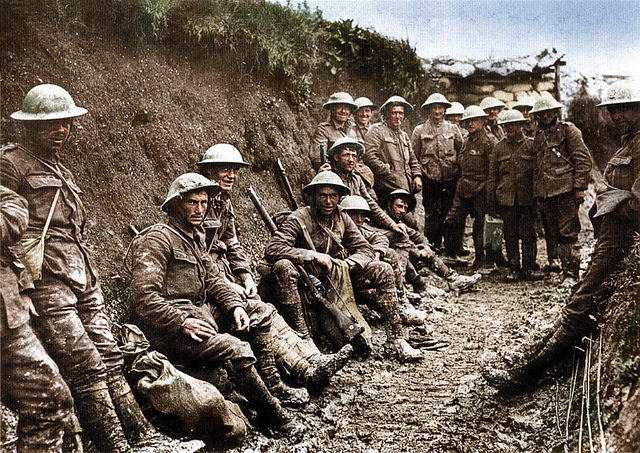During my residence in Constantinople I had the good fortune to be present at some very entertaining festivities. The most magnificent of these took place on the 23d of April, the anniversary of Mahomet’s death.
On the eve of this feast we enjoyed a fairy-like spectacle. The tops of all the minarets were illuminated with hundreds of little lamps; and as there are a great many of these slender spires, it can be readily imagined that this sea of light must have a beautiful effect. The Turkish ships in the harbour presented a similar appearance.
At every loop-hole a large lamp occupied the place of the muzzle of the cannon. At nine o’clock in the evening, salvoes were fired from the ships; and at the moment that the cannons were fired, the lamps vanished, flashes of light and gunpowder-smoke filled the air; a few seconds afterwards, as if by magic, the lamps had reappeared. This salute was repeated three times.
The morning of the 23d was ushered in by the booming of the cannon. All the Turkish ships had hoisted their flags, and garlands of coloured paper were twined round the masts to their very tops.
At nine o’clock I proceeded in the company of several friends to Constantinople, to see the grand progress of the Sultan to the mosque. As with us, it is here the custom to post soldiers on either side of the way. The procession was headed by the officers and government officials; but after every couple of officers or statesmen followed their servants, generally to the number of twelve or fifteen persons, in very variegated costumes, partly Turkish, partly European, and withal somewhat military; in fact, a perfect motley. Then came the Emperor’s state-horses, splendid creatures, the majority of them of the true Arabian breed, decorated with saddle-cloths richly embroidered with gold, pearls, and precious stones, and proudly moving their plumed heads. Their spirited appearance and beautiful
They were followed by a number of pages on foot; these pages are not, however, youths, as in other countries, but men of tried fidelity. In their midst rode the youthful Emperor, wrapped in his cape, and wearing in his fez-cap a fine heron’s plume, buckled with the largest diamond in Europe. As the Sultan passed by, he was greeted by the acclamations of the military, but not of the people. The soldiers closed the procession; but their bearing is not nearly so haughty as that of the horses. The reason of this is simple enough—no one dares look upon the Arabians with an evil eye, but the soldiers are entirely subject to the caprice of their officers. I would certainly rather be the Sultan’s horse than his soldier.
They were followed by a number of pages on foot; these pages are not, however, youths, as in other countries, but men of tried fidelity. In their midst rode the youthful Emperor, wrapped in his cape, and wearing in his fez-cap a fine heron’s plume, buckled with the largest diamond in Europe. As the Sultan passed by, he was greeted by the acclamations of the military, but not of the people. The soldiers closed the procession; but their bearing is not nearly so haughty as that of the horses. The reason of this is simple enough—no one dares look upon the Arabians with an evil eye, but the soldiers are entirely subject to the caprice of their officers. I would certainly rather be the Sultan’s horse than his soldier.

They were followed by a number of pages on foot; these pages are not, however, youths, as in other countries, but men of tried fidelity. In their midst rode the youthful Emperor, wrapped in his cape, and wearing in his fez-cap a fine heron’s plume, buckled with the largest diamond in Europe. As the Sultan passed by, he was greeted by the acclamations of the military, but not of the people. The soldiers closed the procession; but their bearing is not nearly so haughty as that of the horses. The reason of this is simple enough—no one dares look upon the Arabians with an evil eye, but the soldiers are entirely subject to the caprice of their officers. I would certainly rather be the Sultan’s horse than his soldier.
The uniforms of the officers, in their profusion of gold embroidery, resemble those of our hussars. The privates have very comfortable jackets and trousers of blue cloth with red trimmings; some have jackets entirely of a red colour. The artillerymen wear red facings. Their chaussure is pitiable in the extreme: some have boots, not unfrequently decorated with spurs; others have shoes, trodden down at heel and terribly tattered; and some even appear in slippers. All are without stockings, and thus naked feet peer forth every where. The position of the men with regard to each other is just as irregular; a little dwarf may frequently be seen posted next to a giant, a boy of twelve or fourteen years near a grey-headed veteran, and a negro standing next to a white man.
At this feast a great concourse of people was assembled, and every window was crowded with muffled female heads.
We had been advised not to be present at this ceremony, as it was stated to be of a purely religious nature, and it was feared we should be exposed to annoyance from the fanaticism of the Mussulmen. I am glad to say, however, that the curiosity of my party was stronger than their apprehensions. We pushed through everywhere, and I had again occasion to feel assured that grievous wrong is frequently done the good Turks. Not only was there no appearance of a disposition to annoy us, but we even obtained very good places without much trouble.
On their Easter days the Greeks have a feast in the great Campo. On all the three holidays, the hamaks (water-carriers and porters), after the service is over, march in large numbers to the Campo with songs and music, with noise and shouting, waving their handkerchiefs in the air. Arrived at their destination, they divide into different groups, and proceed to amuse themselves much after the manner of other nations. A number of tents are erected, where a great deal of cooking and baking is carried on. Large companies are sitting on the ground or on the tombstones, eating and drinking in quiet enjoyment. We see a number of swings laden with men and children; on this side we hear the squeaking of a bagpipe, on that the sound of a pipe and drum, uttering such dismal music that the hearer instinctively puts a finger into each ear.
To this music a real bear’s dance is going on. Six or eight fellows stand in a half circle round the musician, and two leaders of these light-toed clodhoppers continually wave their handkerchiefs in the air as they stamp slowly and heavily round in a circle. The women are allowed to appear at this feast, but may neither take part in the swinging nor in the dancing. They therefore keep up a brave skirmishing with the sweetmeats, coffee, and delicacies of all kinds. The more wealthy portion of the community employ these days in riding to Baluklid, to gaze and wonder at the miracle of the half-baked and yet living fishes.

As the Greeks are not so good-natured as the Turks, the latter seldom take part in their festivities. Turkish women never appear on these occasions.
On the 8th of May I saw a truly Turkish fête in the neighbourhood of the Achmaidon (place of arrows).
In a plain surrounded on all sides by hills, men of all nations formed a large but closely-packed circle. Kavasses (gens d’arme) were there to keep order among the people, and several officers sat among the circle to keep order among the kavasses. The spectacle began. Two wrestlers or gladiators made their appearance, completely undressed, with the exception of trousers of strong leather. They had rubbed themselves all over with oil, so that their joints might be soft and supple, and also that their adversary should not be able to obtain a firm hold when they grappled together.
They made several obeisances to the spectators, began with minor feats of wrestling, and frequently stopped for a few moments in order to husband their strength. Then the battle began afresh, and became hotter and hotter, till at length one of the combatants was hailed as victor by the shouting mob. He is declared the conqueror who succeeds in throwing his opponent in such a manner that he can sit down upon him as on a horse.
A combat of this kind usually lasts a quarter of an hour. The victor walks triumphantly round the circle to collect his reward. The unfortunate vanquished conceals himself among the spectators, scarcely daring to lift his eyes. These games last for several hours; as one pair of gladiators retire, they are replaced by another.
Greek, Turkish, and Armenian women may only be spectators of these games from a distance; they therefore occupy the adjoining heights. For the rest, the arrangements are the same as at the Greek Easter feast. People eat, drink, and dance. No signs of beer, wine, or liqueur are to be discovered, and consequently there is no drunkenness.
The Turkish officers were here polite enough to surrender the best places to us strangers. I had many opportunities of noticing the character of the Mussulman, and found, to my great delight, that he is much better and more honest than prejudices generally allow us to believe. Even in matters of commerce and business it is better to have to do with a Turk than with a votary of any other creed, not even excepting my own.
Adapted from A Visit to the Holy Land, Egypt, and Italy, by Ida Pfeiffer (1846.) Photographs courtesy of Michael Fleshman, Bob Nearbone, and Eser Karadağ. Published under a Creative Commons license.





